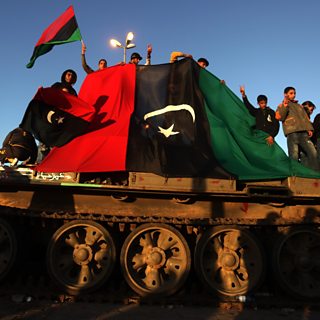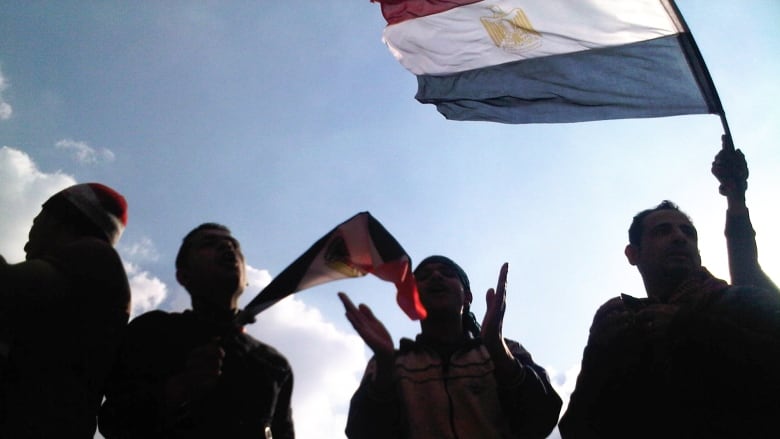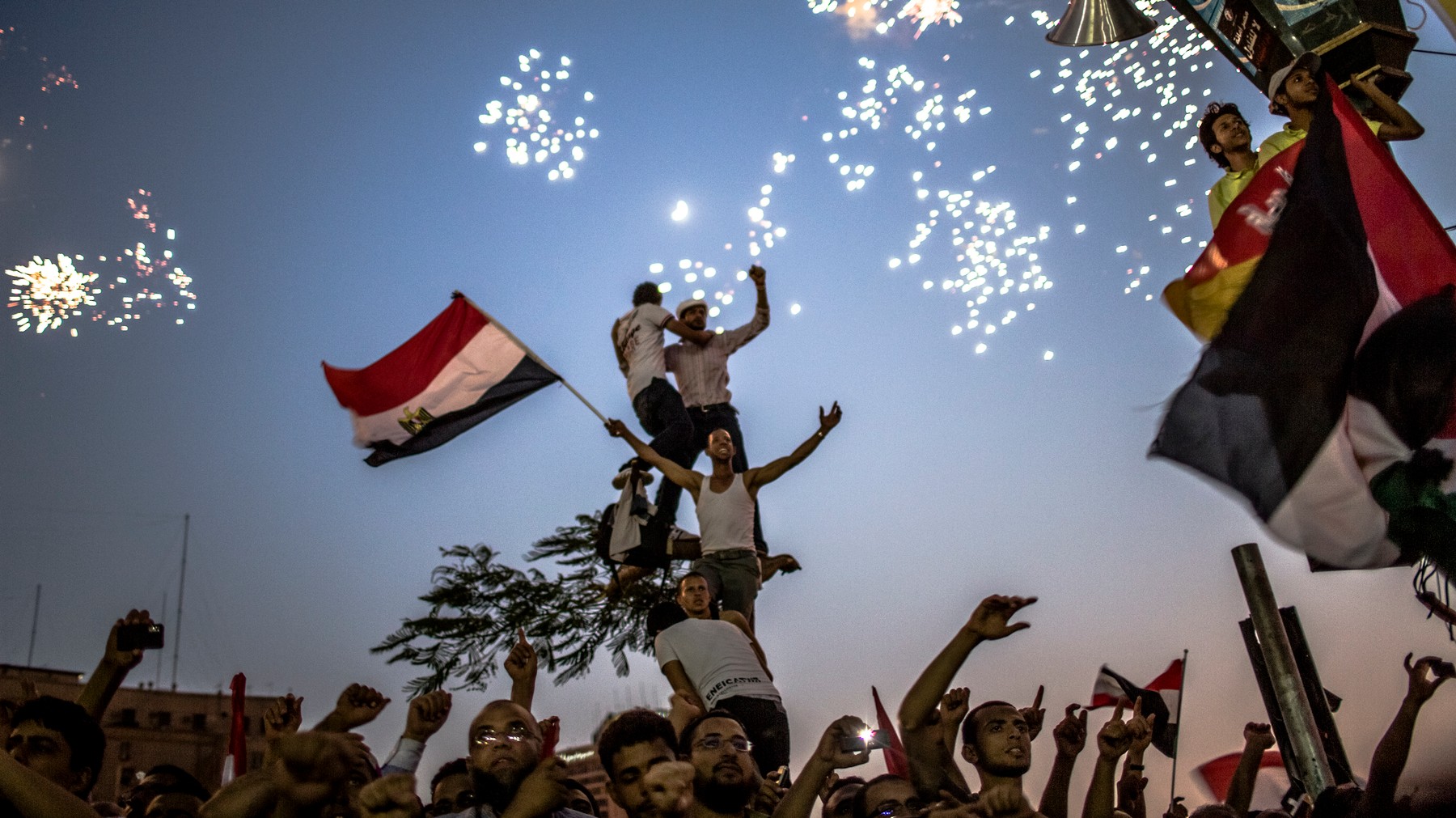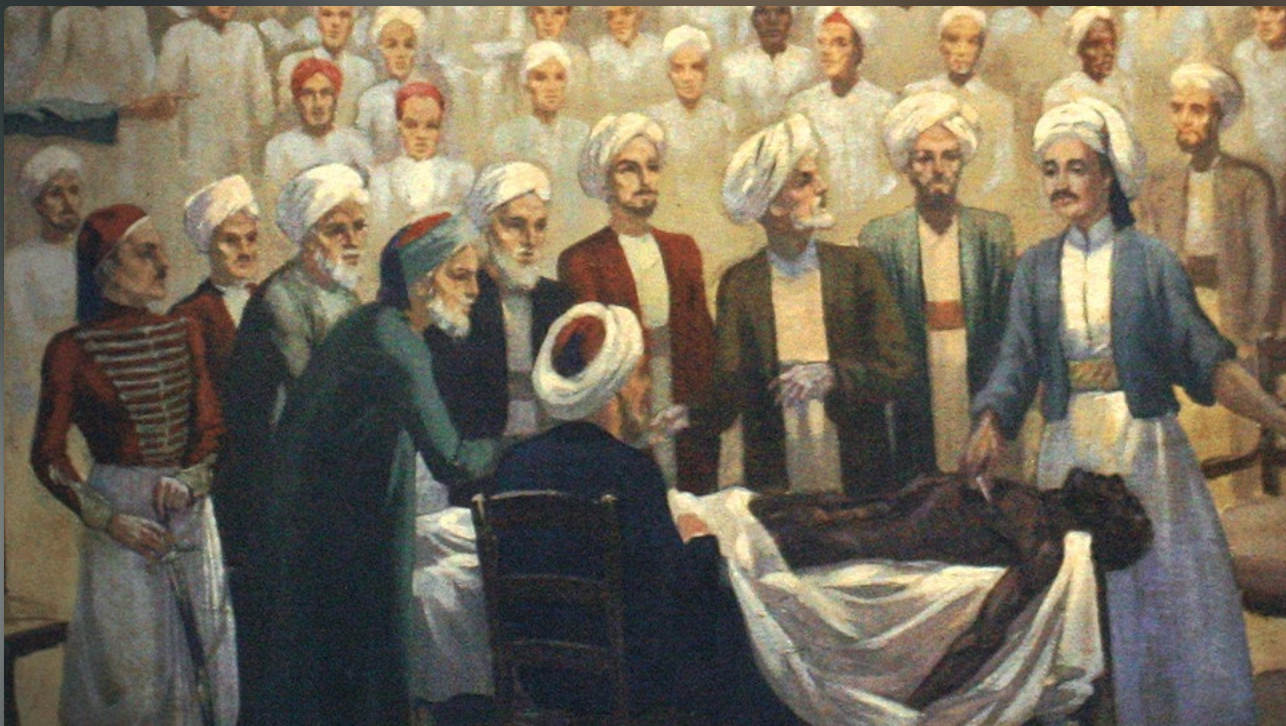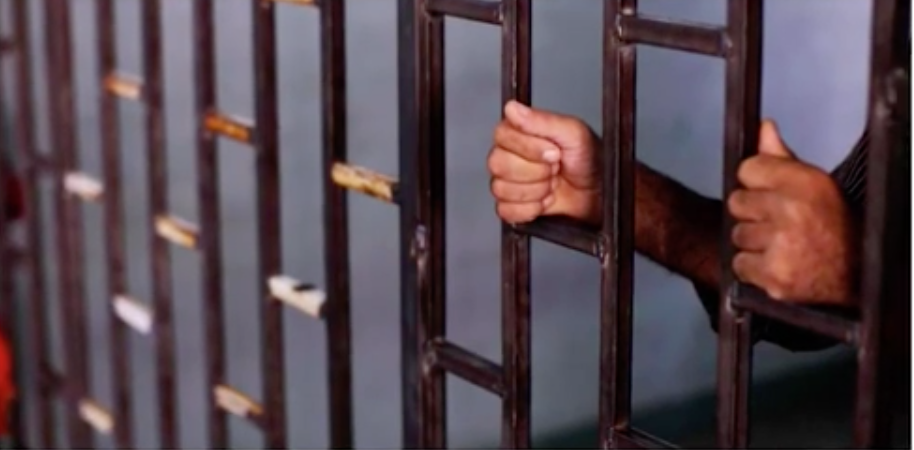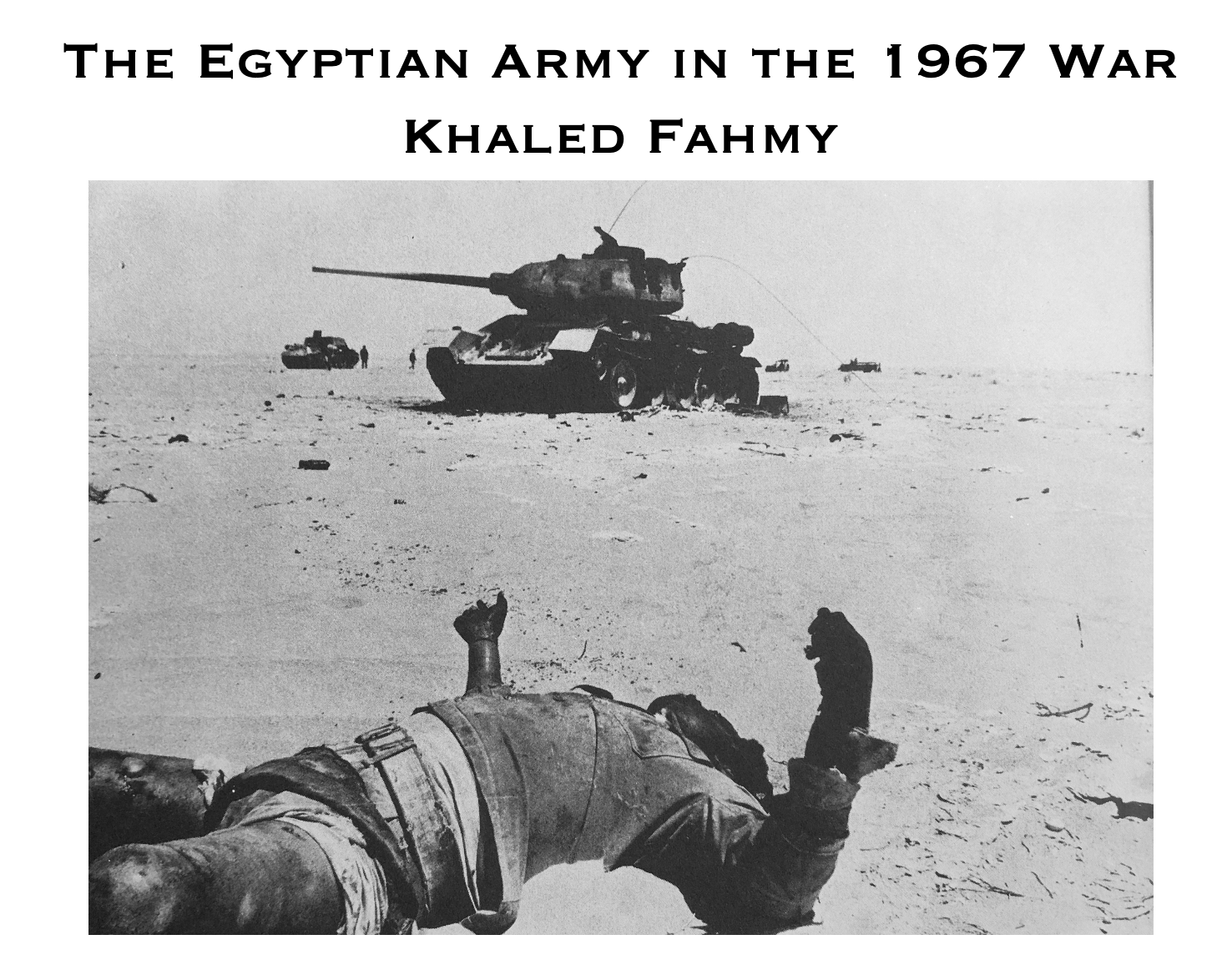On the tenth anniversary of the Arab uprisings of 2011, the BBC’s The History Hour program devoted an entire episode on Saturday, 30 January 2021, to the event. Here is the BBC’s blurb: In the early months of 2011 a wave of social unrest swept across the Arab world as people protested against repressive and authoritarian regimes, economic stagnation, unemployment and corruption. It began with reaction to the self-immolation of a young market trader in Tunisia, but soon became an outpouring of resentment after generations of fear. On The History Hour, Professor Khaled Fahmy of Cambridge University, helps us unravel…
Leave a CommentAuthor: Khaled Fahmy
Khaled Fahmy is professor of history at the American University in Cairo and a visiting professor at Harvard University. His research interests include the social and cultural history of the modern Middle East, with an emphasis on the history of law, medicine, the army and the police in nineteenth-century Egypt. In addition to his academic publications, he also writes newspaper articles in both Arabic and English.
Ten years ago, the Middle East was in convulsions as protesters attempted revolution in several countries. Looking back, what can we learn from those experiments in human collaboration? Nahla Ayed of CBC interviews Ahdaf Soueif, Hossam Hamalawy and Khaled Fahmy.
Leave a CommentCinque anni fa, Giulio Regeni veniva sequestrato, torturato e brutalmente ucciso al Cairo mentre faceva ricerca sul campo per il dottorato che avrebbe conseguito presso l’Università di Cambridge. La morte di Giulio è stata una tragedia. Un colpo terribile per i suoi familiari e i suoi amici. Un evento orribile per i suoi colleghi universitari a Cambridge, al Cairo, e per l’intera comunità accademica globale. Si è trattato anche di un assalto al principio di libertà di ricerca accademica che contraddistingue il lavoro di tutte le università, e che Giulio incarnava. Questa settimana ci fermiamo, nel ricordare le qualità di…
Leave a CommentThe talk’s main argument is that a true understanding of this war has to be built as much on a detailed analysis of what happened on the battlefield as on a close scrutiny of civilian-military relations.
Leave a CommentThis lecture tells a story dating from 1858 and preserved in the Egyptian National Archives. The story is of a slave called Sultan, and how he was killed by a bey working in a princely estate. The lecture follows the details of the case to illustrate the intricate mechanism by which Egypt was transformed from a family estate to a modern state.
By refusing to release political prisoners who are illegally detained and refusing to answer calls to ease the over-crowdedness of Egyptian prisons, the Egyptian authorities are not only endangering the lives of thousands of innocent detainees; they are also exacerbating the public hygiene crisis that Egypt is facing with Covid 19.
Leave a CommentOn the occasion of receiving the Social History Society Book Prize, I had this interview with Prof. Naomi Tadmor, the Chair of the Society
2 CommentsA lecture delivered on 6 May 2020 in the EUME BERLINER SEMINAR The Six-Day War of 1967 is a pivotal event in the modern history of the Middle East, and its ripple effects continue to shape events in the different countries of the region to the present day. Of all the belligerent countries that participated in this war, Egypt was the most deeply affected. The war left 10,000 dead, one tenth of the fighting force, in addition to 15,000 wounded and captured. The entire Sinai Peninsula, 6% of Egypt’s total area, was lost. More than 80% of military materiel was…
2 CommentsVideo recording of a lecture delivered in the series titled “Archives of the Disappeared: Discipline and Method Amidst Ruin” hosted by the Centre for Research in the Arts, Social Science and the Humanities, CRASSH, the University of Cambridge on 8 May 2020.
Leave a Comment